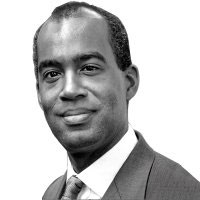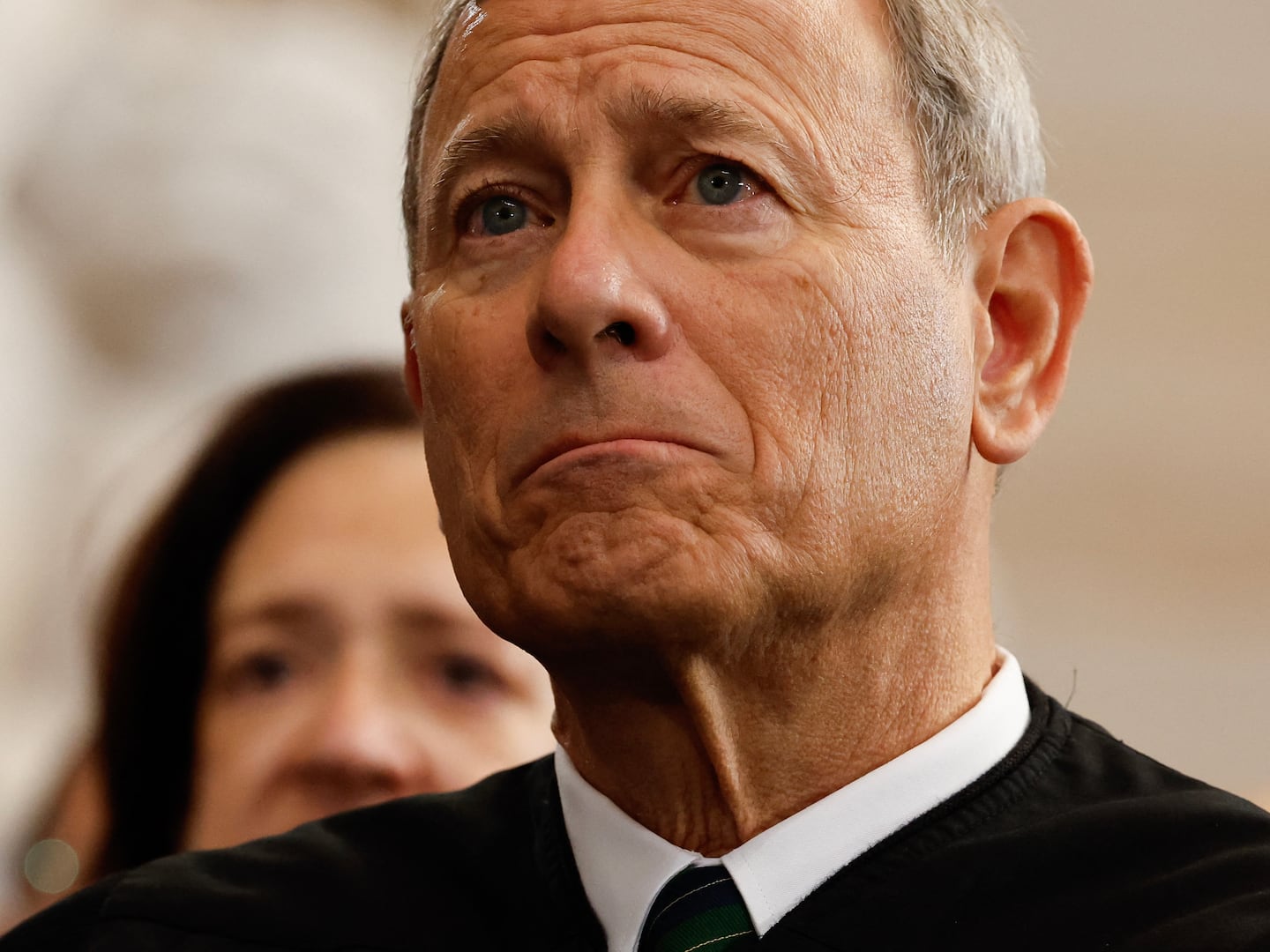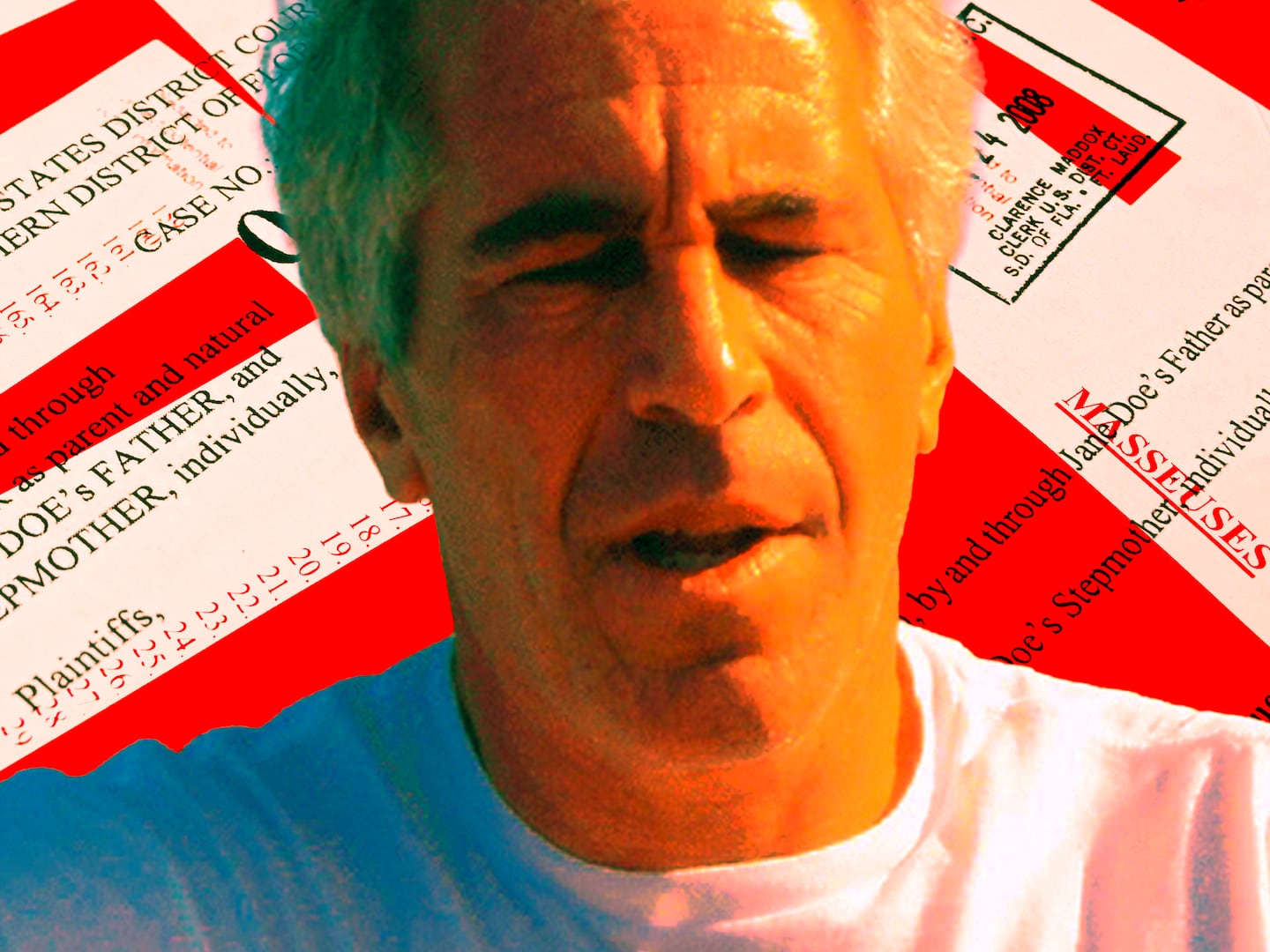As political forecasters are enthralled with who’s ahead and who’s behind in the 2016 Republican presidential sweepstakes, I can’t help but lament our field of candidates.

After electing an inexperienced senator in 2008, America cannot handle four more years of the on-the-job training we’ve witnessed with President Barack Obama. I recognize every U.S. senator looks in the mirror each morning and sees the next president. Rand Paul, Marco Rubio, and Ted Cruz are all fine gentlemen, but I can’t help but think a little more seasoning and experience wouldn’t serve them well. I say this as a point of fact, rather than criticism.
Similarly, there are many able GOP governors who must be weighing a potential bid. Yes, New Jersey’s Chris Christie won big in a blue state, but could he make it past the GOP primaries? I’m not so sure. While conventional wisdom might point to Louisiana’s Bobby Jindal or New Mexico’s Susana Martinez, neither has shown much interest in mounting a bid. The same goes for former Florida Gov. Jeb Bush.
As I reflect on this field, I can’t help but wax nostalgic on one gentleman who is no longer with us, but who who appealed to fiscal conservatives and Reagan Democrats while comfortable in his own skin when speaking to communities of color. I’m thinking of Jack Kemp, my friend and mentor.
I first met the former NFL quarterback when I worked on Capitol Hill in the 1990s. Our first meeting wasn’t a good one. I had accompanied my boss, then-House Budget Committee Chairman John Kasich, to a speech he was set to deliver at a hotel in Washington, D.C. In the audience before Kasich began to speak, I found myself seated next to a gentleman with silver hair and an outsize personality. As we talked, he told me of his disappointment with the newly elected House majority’s ability to attract minorities. Being the precocious shoot-before-you-think person that I was back then, I asked him what he had ever done to attract people of color to the GOP. Big mistake.
His smile immediately evaporated and he asked if I knew who he was and what had I done to recruit more blacks to the GOP? I didn’t know who he was—and I didn’t know what to say. He explained who he was and I should be a bit more careful before popping off. For his part, Kasich was half-focused on delivering his remarks and half-absorbed watching his aide agitate one of the GOP party elders. As I left with an agitated employer, Kemp encouraged me to reach out to him if I wanted to get to know him better. I’m glad he asked and I’m glad I did.
In the ensuing years, Kemp would share very personal stories of how he battled racism during his time in the NFL. He played in the days when hotels would make accommodations for white players, but not their black teammates. Kemp would always lead the rally to boycott the hotel and find a spot where all of his teammates could spend the night.
These experiences taught Kemp several lessons that served him well in politics—the importance of treating people with respect as individuals, regardless of their skin color; that Washington was often part of the problem when it came to addressing issues better resolved in states and localities.
Best of all, Kemp went about his work with a sunny disposition—all while espousing supply-side economic theories and iron-clad Republican principles. Perhaps his most distinguished achievement during his nine terms in Congress was passage of the Kemp-Roth tax-cut bill in 1977—legislation that is credited with creating 20 million jobs while ushering in the strong economy associated with President Reagan’s two terms in office.
A smart, pro-growth conservative with crossover appeal to Democrats and communities of color, many contend, does not exist in today’s Republican Party. I disagree. One member of Congress fits this mold precisely: House Budget Committee Chairman Paul Ryan.
While many fixate Ryan’s wonkish obsession with budgetary process and entitlement reform, few recognize or remember that the young Wisconsin congressman earned his stripes working with Jack Kemp at Empower America, a conservative advocacy group founded in the early 1990s to promote fiscal responsibility and school choice for low-income students.
While I’m not suggesting Ryan is the only savior for the Republican Party in the days to come, I do believe his intellect, thoughtfulness, and ability to work across the aisle are traits that will serve him and other potential candidates for office—most importantly for the Republican nomination for president in 2016. I’d also look at my old boss John Kasich, yet another former House Budget chairman, as one who nicely fits this mode.
In the meantime, I wax nostalgic on the legacy Jack Kemp left behind: a tireless public servant who remained true to his conservative principles while advocating a better path forward for those stood at the edge of the nation’s safety net looking more for a hand up, rather than a handout.
Prognosticators who claim the GOP needs to moderate its image miss the mark. Bedrock conservative principles, married with a sensible, straightforward path on how best to govern, will return Republicans to the White House in 2016. The question is whether party leaders will look to the example set by Jack Kemp to lead us to a successful future. Here’s hoping we go back to the future.






